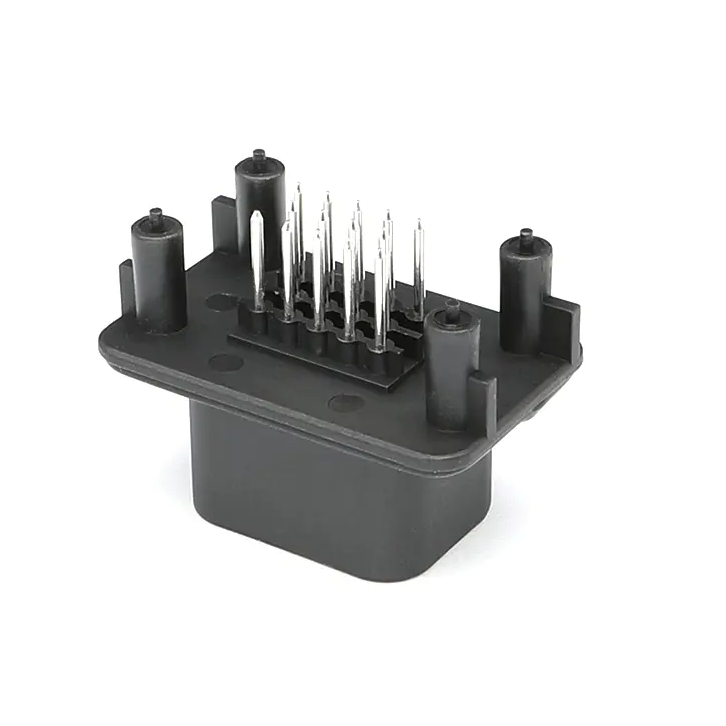Selecting the right loose piece terminal for your project involves understanding both the technical specifications and the application requirements. Key factors to consider include the wire's gauge, the terminal's material, and the intended environment.
The wire gauge determines the size of the terminal needed, as it must fit snugly around the wire to ensure a solid connection. It's important to check the terminal's compatibility with the wire before purchasing. Most terminals will indicate the compatible wire gauge range, making it easier to select the correct size.
Material is another critical factor to consider. Loose piece terminals are typically made of metals like copper or brass, both of which offer excellent conductivity. Some terminals may also have coatings, such as tin or nickel plating, to enhance their resistance to corrosion. The material chosen will depend on the specific requirements of the project, such as the need for high conductivity or resistance to environmental conditions.
Additionally, consider the environment in which the terminal will be used. For example, if the terminal is being used outdoors or in a humid area, selecting a terminal with corrosion-resistant coatings is essential to prolong its lifespan and ensure reliable performance.
By carefully considering these factors, you can select the loose piece terminal for your electrical projects, ensuring safety and long-term reliability.
